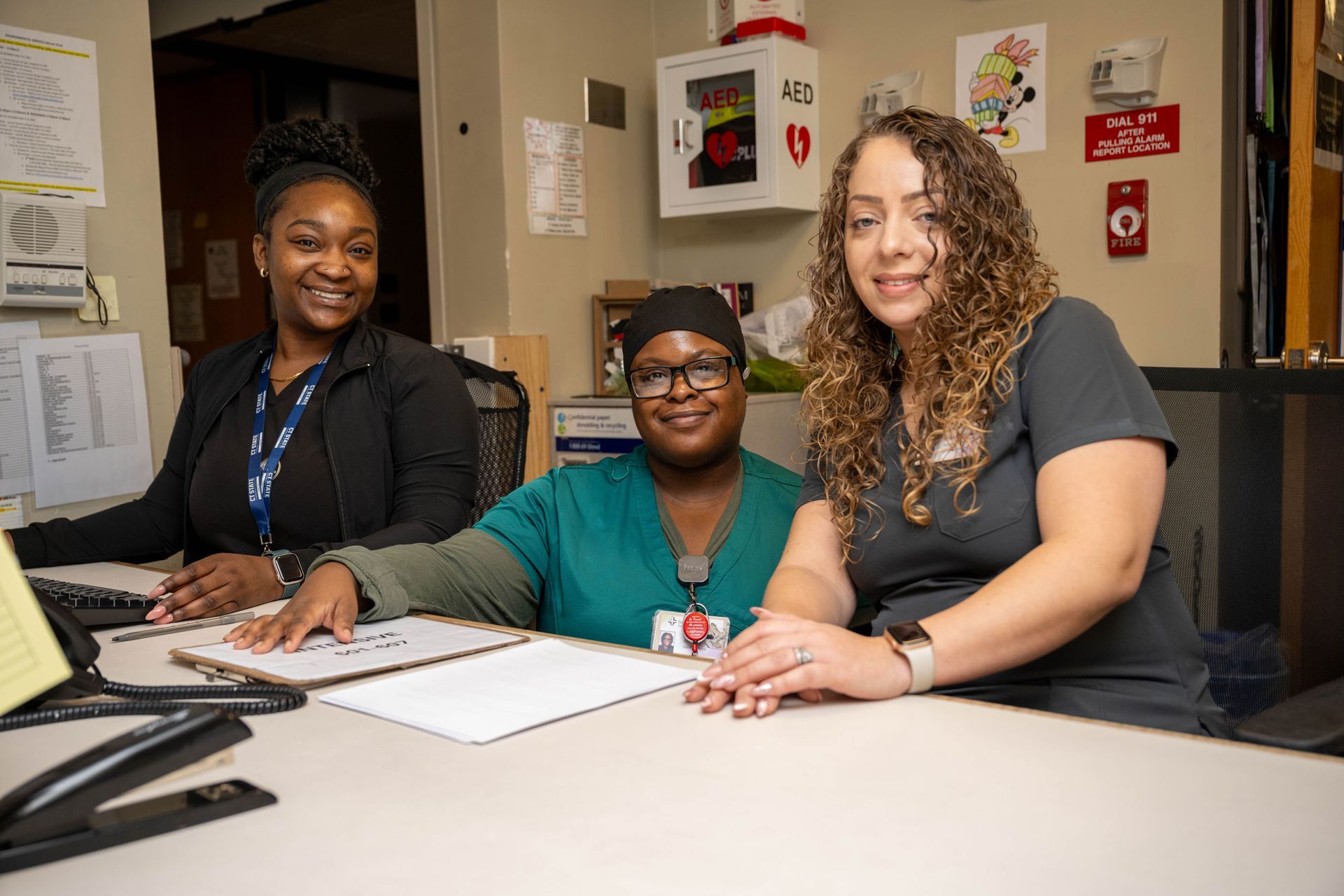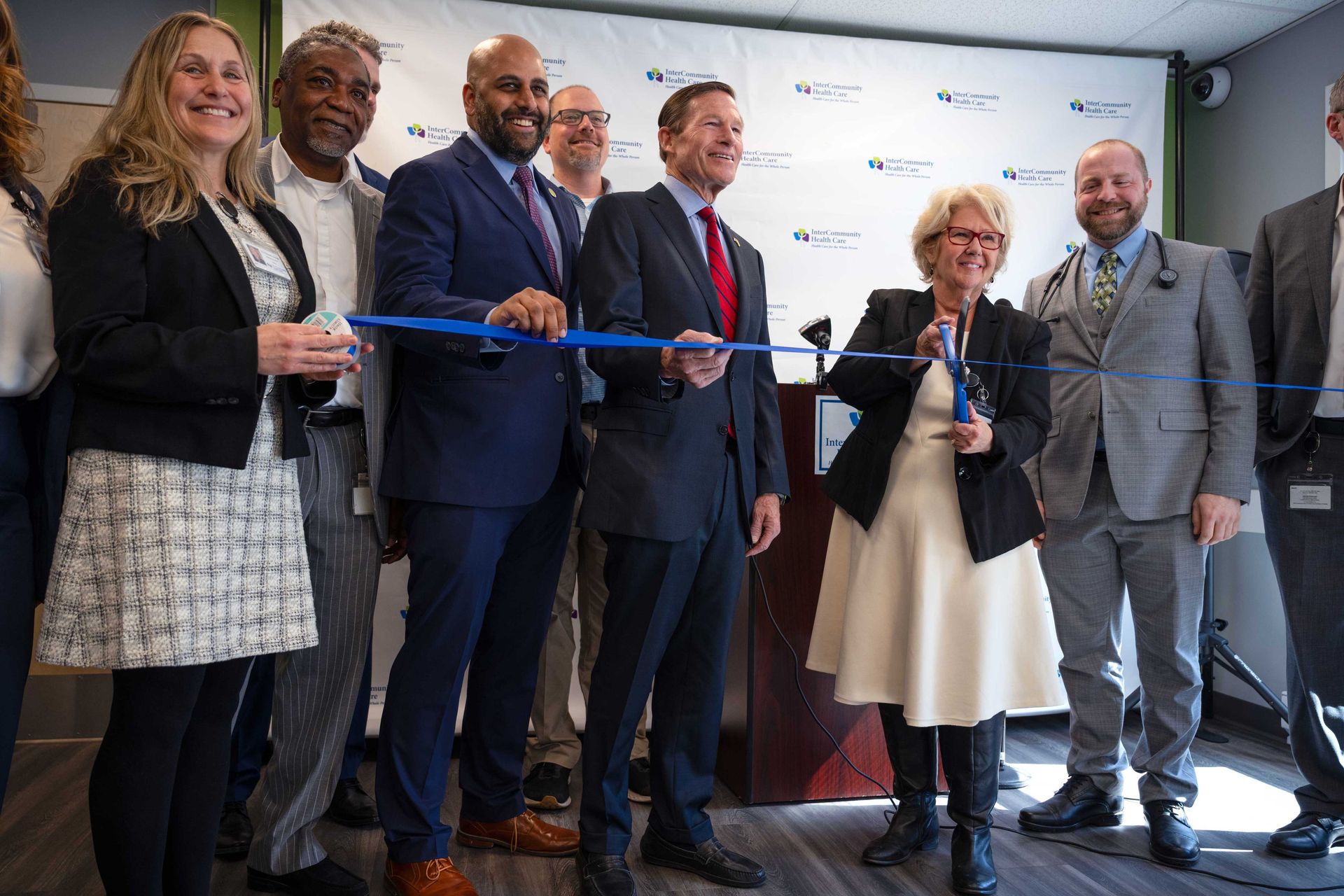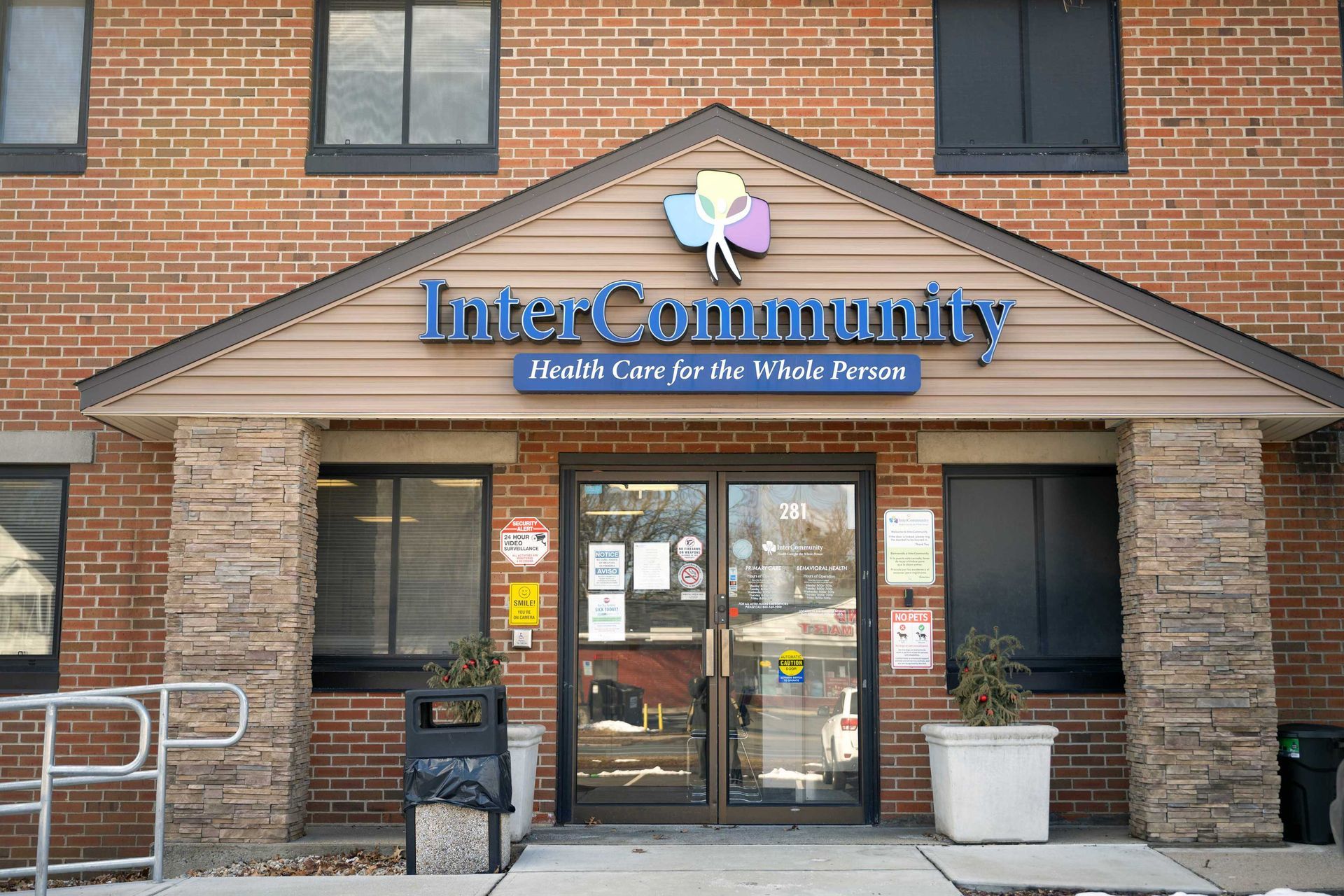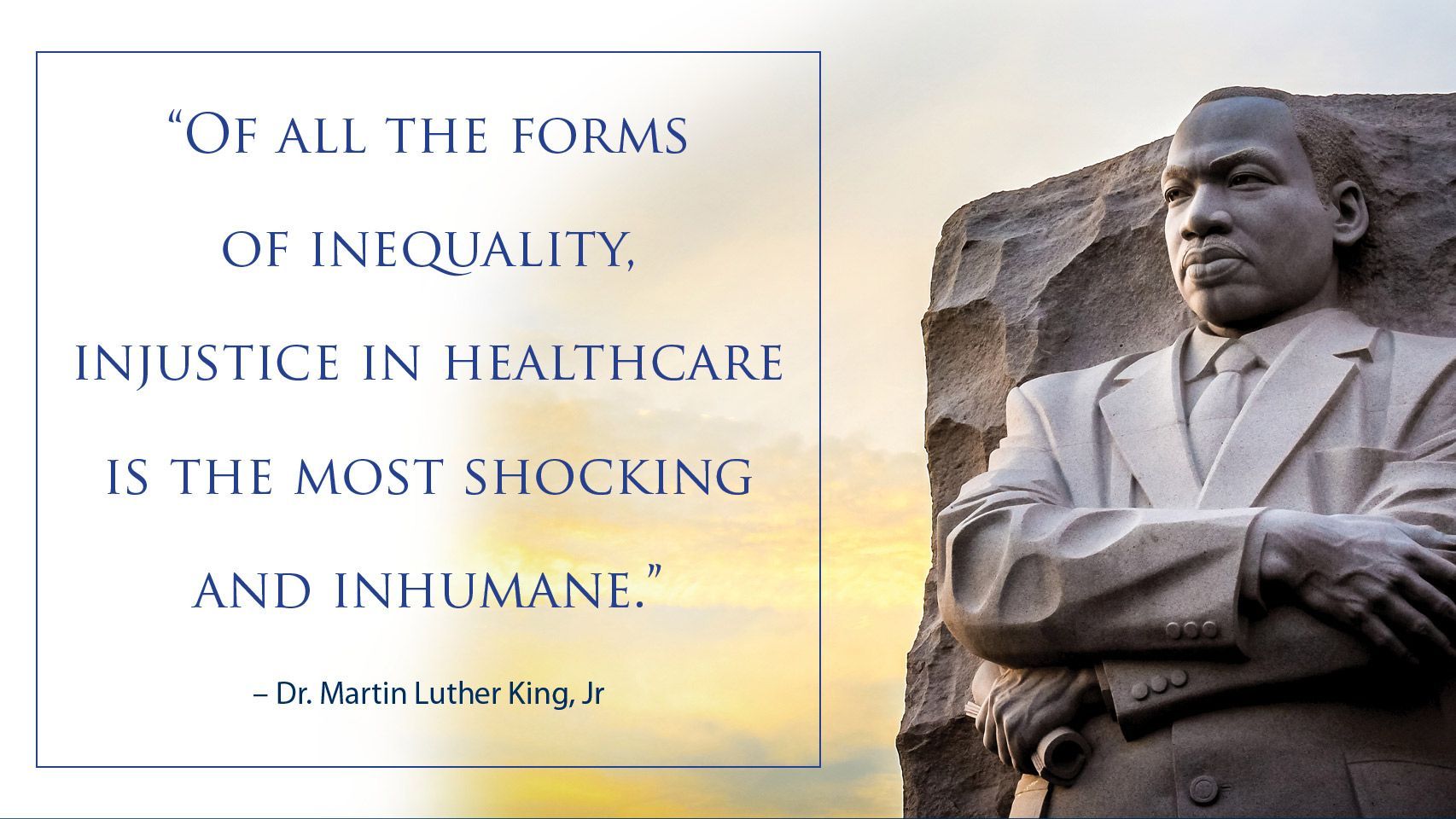PTSD: Causes and Symptoms
Post-traumatic stress disorder (PTSD) affects people from all walks of life and can occur after people experience or witness a life-threatening event, including natural disasters such as earthquakes, hurricanes and floods, serious auto accidents, assault, combat, sexual abuse, or the sudden death of a loved one.
While it’s normal to have stress reactions after a traumatic event, most people recover from their experiences. However, if these reactions go on for weeks and interfere with daily life, people may be diagnosed with PTSD. There are four types of PTSD symptoms:
- Reliving the event. This may take the form of nightmares or flashbacks, when people feel the same fear and distress as when the event took place.
- Avoiding activities, people, or places that are reminders of the event. People may find it too difficult to think or talk about the event, and instead keep their feelings bottled up.
- Negative changes in beliefs and feelings. Sometimes these changes make it difficult for people to trust others or have close relationships, and they may be easily irritated and angry.
- Feeling jumpy or keyed up resulting in problems concentrating, sleeping, and being easily startled.
People should seek professional help when symptoms last longer than four weeks, cause distress, and disrupt work or home life.
The post PTSD: Causes and Symptoms appeared first on InterCommunity.

















